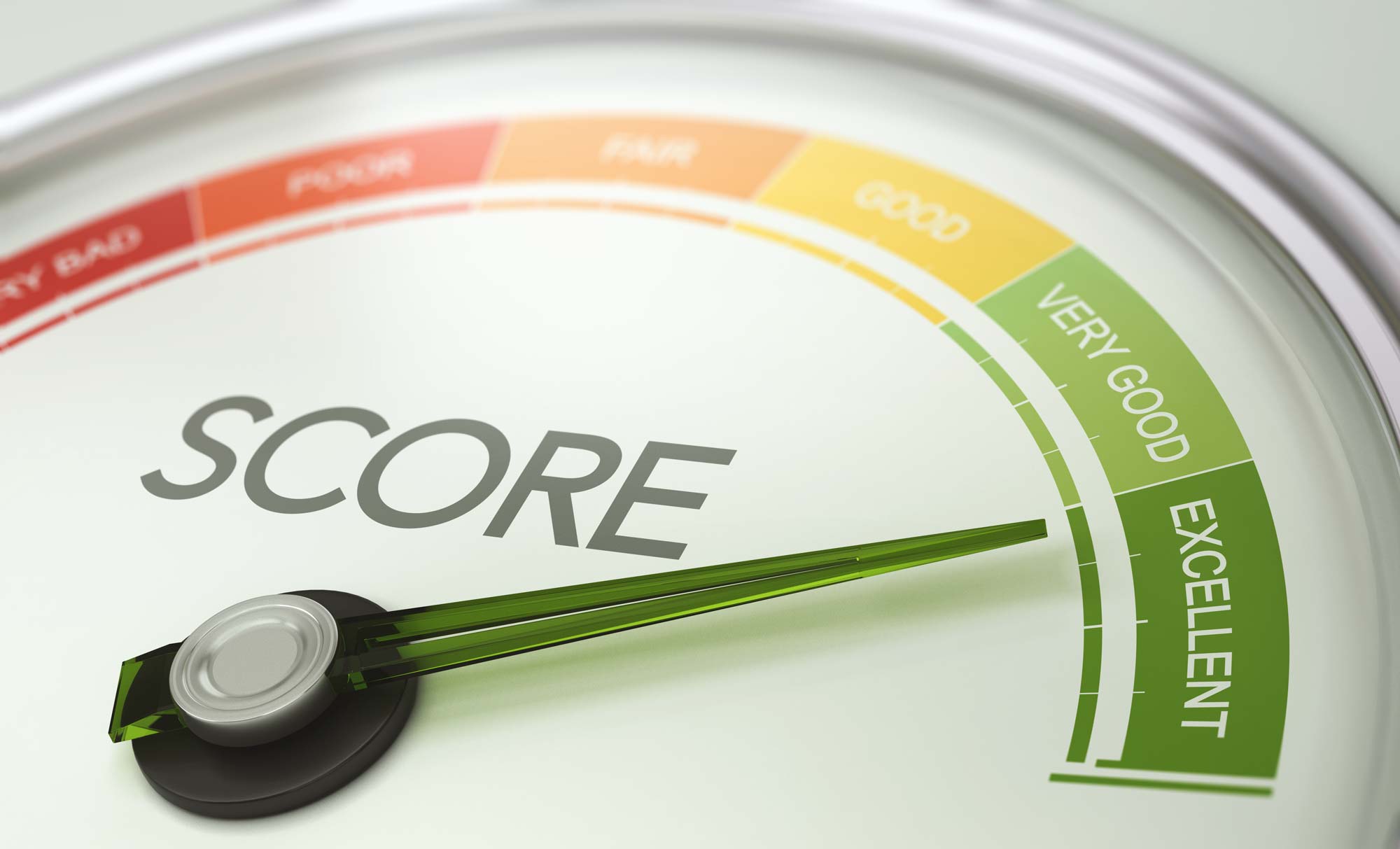
Lower your monthly payments and decrease your rate when you consolidate your high-interest credit cards and lines of credit with a Home Equity Line of Credit!
You're about to navigate away from our secure website. We are not responsible for any content or information posted to third-party sites.

Lower your monthly payments and decrease your rate when you consolidate your high-interest credit cards and lines of credit with a Home Equity Line of Credit!

We know credit scores are important, but why exactly?
In this blog, we’ll give you the bite-sized 411 on all things credit scores. From what they are and why they’re so important, to our top ways to improve them!
Credit scores— a number with a murky meaning that seems to hold your future in its grasp. We know credit scores are important, but why exactly? Can a three-digit number really affect your life that much? And if your credit score isn’t the best, how do you improve it?
Your credit score is a calculated number between 300 and 850 that helps credit lenders (e.g., car dealerships, Community South Credit Union, mortgage lenders, etc.) judge whether or not it’s a risk to loan you money, and how much they should loan you. For instance, a score of 750 or above is considered excellent and can often lead to the best loan terms, while a score below 600 is usually seen as poor and can result in higher interest rates or even loan rejection.
Two different lenders checked my credit, and they both got different scores. Why is that? Three different credit bureaus calculate your credit report: Experian, TransUnion, and Equifax. Each bureau calculates your credit score using different models, and this results in varying scores. Depending on which bureau your lender uses, your score may change slightly.
You can check your credit report from each bureau once every 12 months at AnnualCreditReport.com. Remember, check your report regularly to make sure the information is correct. If you see incorrect information (for example, a bill marked as late, when you know you paid on time), contact your financial institution immediately.
Your credit score isn’t a random number you catch after a few on-time payments. It's the key to securing your dream house, financing your child’s college education, and applying for loans when life knocks you off track. Remember, the higher your score, the better financial options you have.
Your credit score takes into account whether you’ve missed loan or credit card payments, how many lines of credit you have open, how long your lines of credit have been open, and how much debt you have, among other things.
Your credit score does not take into account factors such as income, employment status, disability, age, or marital status, among other things.
Now that you know what your credit score is and why it’s so important, here are some ways to reel in better credit!
The number one way to improve your credit score is to pay your bills on time. Paying credit card and loan bills on time helps you build a strong and positive credit history. If you fail to pay your bills on time, lenders can mark your payments as past due and send you to collections, hurting your score.
When you apply for something, lenders check your credit using a soft or hard inquiry, also called a hit. Hard inquiries affect your credit, while soft inquiries don’t.
Here are two great ways to work around this:
We mentioned this above, but it’s so important, we’re saying it twice! Check your credit reports regularly, and be sure to report errors to your financial institution as soon as possible. When disputing a charge (e.g., a bill marked as late, you know you paid on time), make sure you have all necessary documentation, including paid statements or charge receipts.
Don’t forget to space out your credit report checks using Annualcreditreport.com, and check your report every four months.
Stay up to date on the latest Community South Financial Education Articles.


